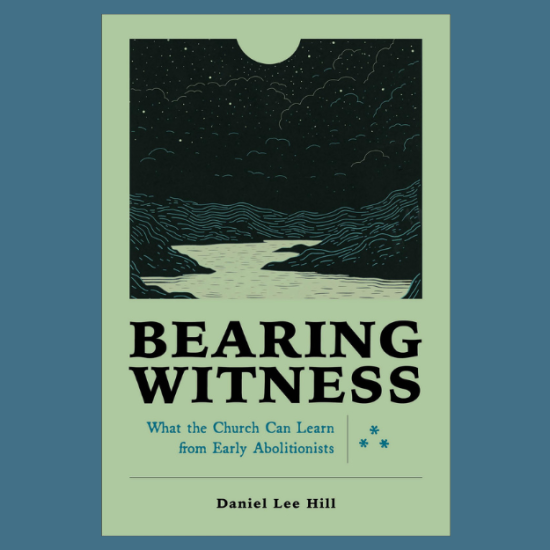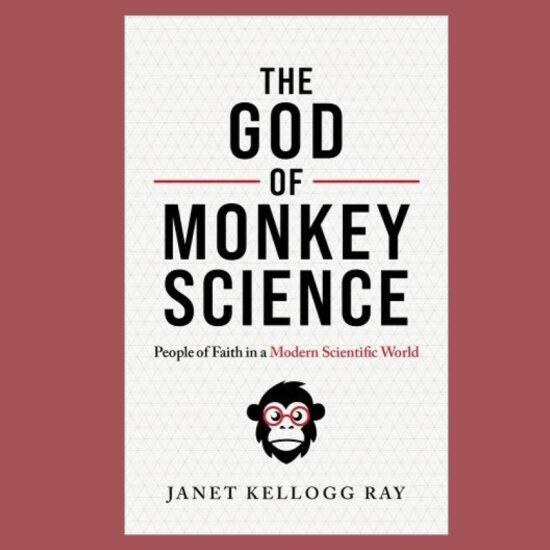About one-quarter of Americans report they did not read or listen to a book in the previous year. I suspect that many simply cannot find the time.
 Ken SatterfieldIf this describes you, here are some ideas for success:
Ken SatterfieldIf this describes you, here are some ideas for success:
Prioritize reading. That means making choices about social media or TV. Have a dedicated, scheduled reading time and try to either read at least 10% of a book each day, or use 20-minute periods.
Carry books with you. Use spare moments found in lines or waiting rooms to read. While devices like Kindle can help you carry many titles, studies suggest comprehension is better with physical books (tinyurl.com/MAF1-June2018). Plus, smartphones and tablets are loaded with email, games and other distractions.
Listen to audiobooks. And try speeding up the narration to 1.5x or 2x.
Keep a list of what you would like to read using Amazon.com’s wish list or the Amazon-owned Goodreads.com (which will also make suggestions). Take pictures of interesting books and add those later.
Add a revolving door to your bookcase. Neil Pasricha describes making his bookshelf a dynamic organism in Harvard Business Review (tinyurl.com/MAF2-June2018) in moving books onto — and off of – his shelf.
Build in encouragement. The American Library Association has book club finding tips (tinyurl.com/MAF3-June2018). Or, try networking through Goodreads, LibraryThing.com or app Litsy.com.
Install Library Extension in the Chrome or Firefox browser (libraryextension.com). After you add local libraries, it will tell you if a book or ebook you see online is currently available for loan.
Add a tool. Apps like Free Books by Digital Press and Wattpad allow you access to thousands of free digital books.
Benefit from your reading. Make notes or ask questions in the margins or with e-readers. It can help you later or the person you lend a title to.
Dump your guilt. You do NOT have to finish every book! Come up with a method such as the 50- or 100-page rule and then move on. Need a visual? Emily Temple combined life expectancy and the average 12 books a person reads annually to determine how many more books you have left to read based on age, sex and reading type (tinyurl.com/MAF4-June2018). Note that those who read books were found to live longer (tinyurl.com/MAF5-June2018).
But one book you should be reading is the Bible. The 2018 State of the Bible report (tinyurl.com/MAF6-June2018) found that half of all Americans use it, and more than half (58 percent) wished they used it more often.
Some specific recommendations about regular Bible reading include having a regular time and place, making notes, refusing to skip a day and having an accountability partner. If you need a reading plan or devotions to guide you, visit BibleStudyTools.com or Bible.com for many ideas, including audio Bibles.
Ken Satterfield, a former media specialist, is Word&Way’s marketing coordinator.
See also:
In Praise of Your Next Great Read (Word&Way)
13 Tricks That Will Help You Read More Books (Entrepreneur)
The 10 Percent Rule: How to Read More Than 36+ Books a Year
Nancy Pearl’s Rule of 50 for Dropping a Bad Book (The Globe and Mail)
How to Read More Books: Tips From the World’s Most Prolific Readers (foundr)
How to Start Reading the Bible Every Day & Stick With It (LifeWay)
How to Read the Bible Daily (and Make it a Habit) (Equipping Godly Women)






